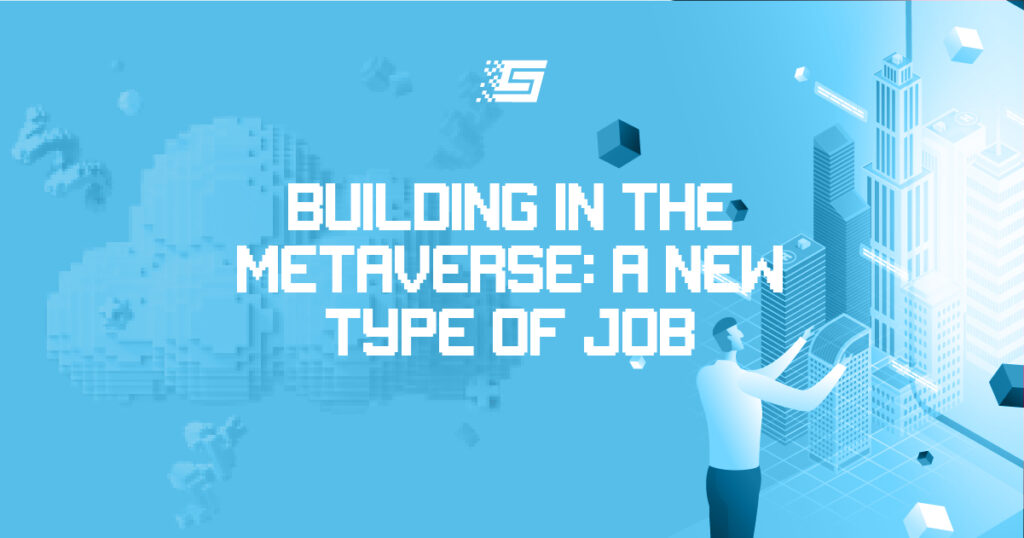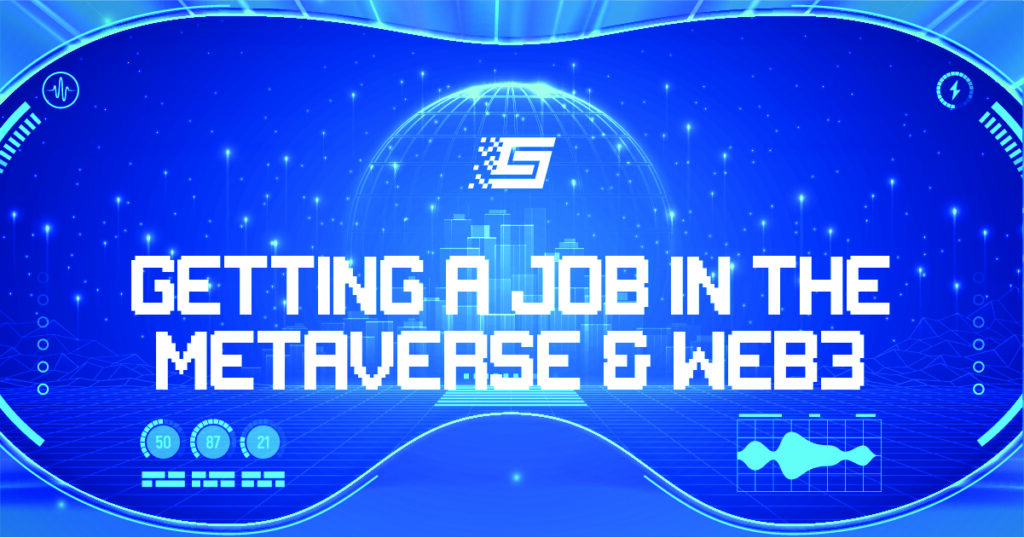Metaverse DAOs: What are their Benefits and Limitations?
Metaverse DAOs are decentralized organizations controlling the decisions and affairs of metaverse platforms built on the blockchain. These organizations are jointly owned by a community of people who use a metaverse or invest in it.
In public companies, only shareholders with significant funds can decide for the company. For example, buying $5,000 worth of Google or Microsoft stocks does not make you part of the company’s decision-makers. However, the reverse is the case for Metaverse DAOs and decentralized organizations in general.
The popular criteria for taking part in the decision-making of any DAO is by voting with its governance token. In some cases, DAOs might have exceptions to voting rights. Yet, they all follow the same rule of giving any interested party the right to vote with a governance token.
This article will focus on metaverse DAOs and use two metaverse DAOs as case studies as to why a DAO is the suitable form of governance for every virtual world. Before then, you will get to learn how a metaverse DAO operates.
How a Metaverse DAO operates
In most cases, only a few developers build a metaverse or blockchain gaming platform. Then, they raise funds through a presale or an initial coin offering. The funding process always involves selling crypto tokens (or NFTs in rare cases) to interested investors.
The developers use such funds to improve the project further. After launching the platform and token, developers do not become the boss of everyone as it is with traditional gaming companies. Instead, they create a decentralized autonomous organization (DAO).
In a DAO, anyone holding or staking the project’s governance token (sold during the presale) can become a member and, more importantly, a decision-maker. It is like a democratic system where senators review and vote before approving laws and bills. Meanwhile, a DAO is different from the democracy of countries because there can be an unlimited number of decision-makers.
Before developers improve the metaverse they created, they must submit a proposal to the DAO. Also, metaverse developers don’t just release the project’s funds for whoever they see fit. Instead, they must first consult the DAO.
If DAO members think an upgrade or funding is best for the project, they vote in favor of it. Similarly, if they are not interested, they can vote against it. Metaverse developers must conform to the DAO’s decisions. Going against their members would make everyone pull out, which could even mean the end of a virtual world.
Metaverse DAOs built by leading virtual worlds
Decentraland
The Decentraland DAO is a democratic organization that comprises its users. This Ethereum-based metaverse has no single owner or director. Rather, through a unique system, it ensures that users always get a say in its decision-making process. Its users have consistently voted on all decisions, upgrades, and proposals in Decentraland.
Decentraland DAO has three factions, the DAO, DAO Committee, and a Security Advisory Board (SAB). Decentraland’s community elected the other two factions, the DAO committee, and SAB, to execute decisions, ensure accountability and accuracy, and to act on votes.
When a user creates a proposal, users holding MANA can instantly vote for its approval or rejection. Meanwhile, users do not pay gas fees to vote but use the MANA tokens they have staked in a multi-sig wallet.
This wallet will deduct a user’s token after voting and enact his decision on the blockchain. Also, Decentraland DAO uses Snapshot, an off-chain voting platform, and Aragon, a smart contract binder. The applications ensure that voting is autonomous.
Axie Infinity
At the moment, Axie Infinity does not run an utterly decentralized organization. However, it has about $1 billion worth of community treasury funds. Also, its whitepaper stated that the game would gradually become a DAO owned by its community. Axie Infinity also calls AXS its governance token, indicating that it intends to give decision-making rights to AXS holders.
Despite the intentional plan, a few things seem to be holding Axie Infinity back from becoming a decentralized organization. To begin, Axie developers are not impressed by the number of active voters that metaverse DAOs currently have.
Also, Axie developers believe that when every member gets a vote, it leads to the “tragedy of the commons.” Additionally, most token holders or users will only vote blindly without researching the implications of their vote.
Therefore, the platform will introduce techniques that can help it mitigate those concerns. For instance, users will have an Axie score ranked based on their contributions to the Axie metaverse and AXS tokens they hold.
Axie Infinity will also introduce a quadratic voting system where a user’s voting power depletes after his vote affects the outcome of a proposal. This system will encourage everyone to use their voting rights wisely.
Benefits of Metaverse DAOs
The gig economy
Beck to Decentraland’s example, Metaverse DAOs give room for open-source product and software development.
For example, a Decentraland user can modify the platform’s code. If such modifications genuinely benefit the community, the developer can receive funding for his efforts.
Similarly, the “gig economy” eliminates the administrative system that most organizations use. So, creative developers can collaborate and make constructive proposals. When such proposals get accepted through community votes, the developers get funded and will have a better incentive to work on what they proposed.
Community participation
A metaverse or virtual world only exists when there are people to explore it. Thus, it only gets better when the people using a virtual world get a say in how developers build it.
Metaverse DAOs promote individual participation and inclusion. Just as decentralized finance gives people authority over their money and assets, DAOs give them a voice over the digital worlds they inhabit or explore.
Automated governance
Metaverse DAOs do not need the services of an accountant or a record keeper. Smart contracts execute the votes and store decisions on the blockchain.
So, adopting the DAO system makes development and decision-making less expensive for metaverse platforms. It also adds value to governance tokens.
Limitations to decentralized governance
Examining Axie Infinity’s case study, it is evident that some DAO members might not consider the implications of their votes. Also, thousands of metaverse users become indifferent about the platform’s decisions and only show interest when there is an incentive to vote. This leads to a system that is not as inclusive as the developers intend.
Nonetheless, Axie Infinity has proposed solutions to the problems discussed earlier. Likewise, most metaverse DAOs have become successful due to their complex voting systems designed to keep the metaverse controlled by its users.


